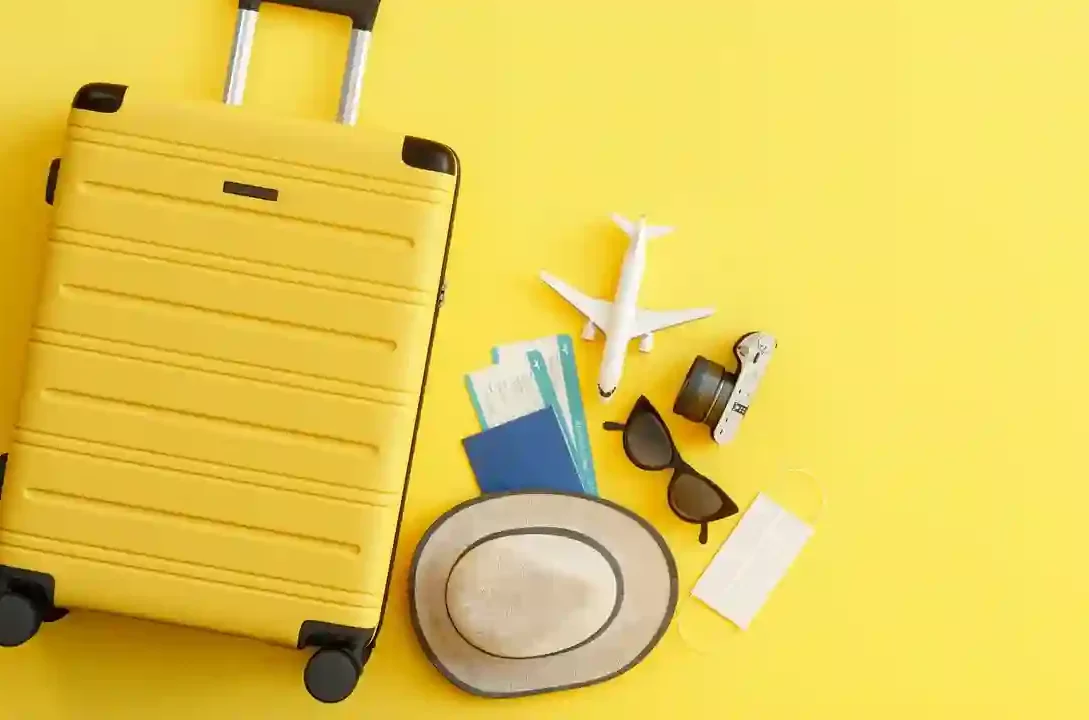When traveling abroad it is important to stay street smart and be prepared for the unexpected. There is no way to avoid risk altogether, but there are ways to minimize it.
One of the most basic travel safety tips is to let someone know where you are at all times. This may seem like a hassle, but it could save your life if something goes wrong.
1. Know the Rules of the Road
When driving abroad, it’s important to understand and follow the local rules of the road. This includes understanding road signs, laws, and signals. It also means being aware of possible challenges, such as poor road surfaces, unprotected curves and cliffs, or no streetlights.
It’s also important to abide by local customs. This can help you avoid offending locals or attracting opportunistic thieves. This may include dressing modestly or learning a few local phrases that will mark you as a savvy traveler and potentially deter them from attempting to steal your belongings. It can also include abiding by traffic laws and obeying the speed limit.
2. Know Your Limits
While it’s important to keep your wits about you and avoid risky situations, there is also a limit to how cautious you should be. For example, if you are a woman traveling alone, you might want to avoid eye contact with strangers or responding to catcalls as this could potentially escalate into a dangerous situation.
Additionally, if you’re carrying expensive cameras or equipment it may be best to leave them behind as they can easily be stolen. Also, always use reputable Wi-Fi to access the internet as public WiFi is a common way for thieves to hack into your devices. This is especially true when you’re sharing or uploading photos on social media.
3. Don’t Let Your Instincts Get the Best of You
It’s important to listen to your gut instinct when traveling. But be careful not to let it get the best of you.
For example, it’s not a good idea to carry large amounts of cash on you when travelling as this can be a tempting target for thieves. It’s a good idea to use a prepaid card which offers some protection in case of theft.
Another example would be to avoid taking night buses in certain areas as they have a reputation for being robbed by criminals. It’s also a good idea to check in with someone at home every day and update them on your itinerary.
4. Be Prepared for Changes
There are some countries that people avoid due to safety concerns. But if you do your research, it’s possible to enjoy safe travels in even the most dangerous destinations.
Practicing situation awareness, following general travel tips and using apps that track or wipe your devices can help prevent any issues that may arise while on the road. It’s also a good idea to carry small bills and separate your money and credit cards so that you are less of a target for theft.
Despite COVID-19 and social distancing, it’s still possible to explore the world and make some amazing memories while doing so! Learn more about how to stay safe and have the best trip of your life.
5. Have a Plan B
Even if you do everything right, it’s still possible to be pickpocketed or have your belongings stolen. That’s why it’s important to only bring what is absolutely necessary on your trip, including minimizing the number of items you carry with you.
Research the tap water situation where you are traveling and consider carrying a SteriPen or filtered water bottle for easy access to clean drinking water. Also, be sure to back up your devices and data prior to leaving home.
Practice the OODA loop (Observe, Orient, Decide, Act) to stay aware of your surroundings at all times. This way you can quickly react to potential dangers before they escalate.
6. Know When to Call for Help
Whether you’re trying to negotiate the New York subway system or haggling in a street bazaar in Thailand, travel can be intimidating. However, it doesn’t have to be.
The key is doing your research beforehand. This will help you identify problem areas, as well as alert you of any scams to watch out for. Additionally, you should always be able to keep in touch with someone back home, and check in at the end of each day. This will allow them to track your whereabouts and make sure you’re safe if something goes wrong. They can also contact local authorities on your behalf.




